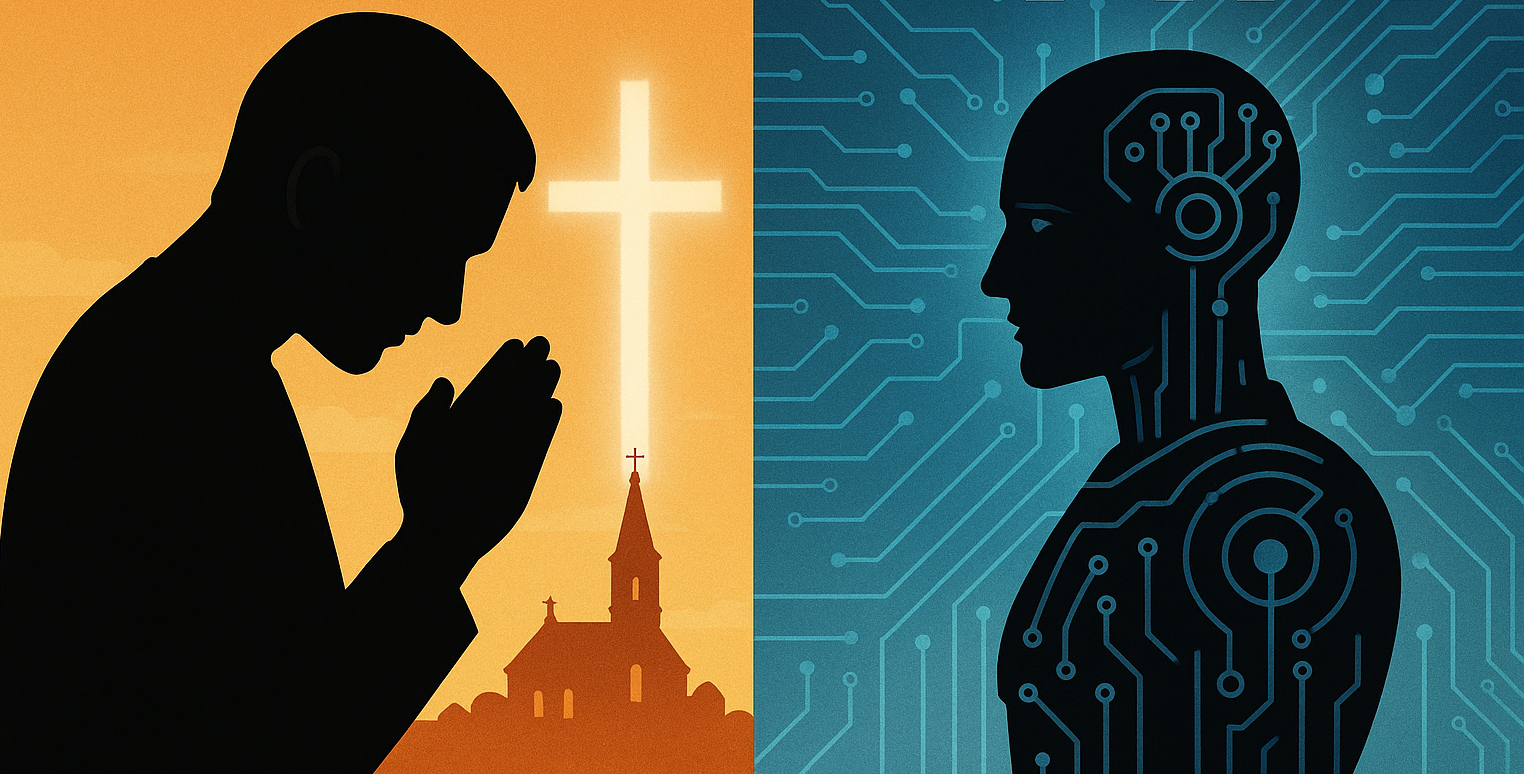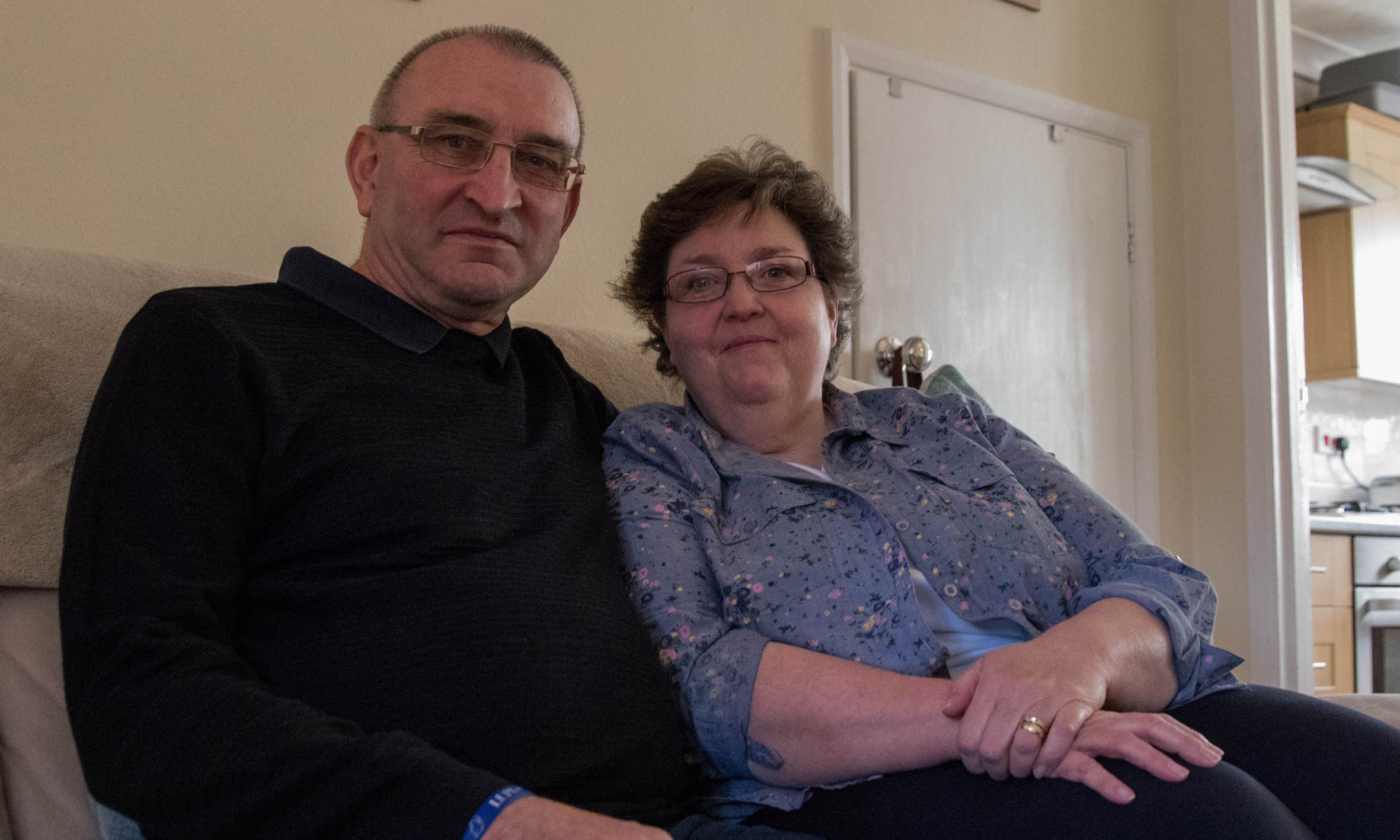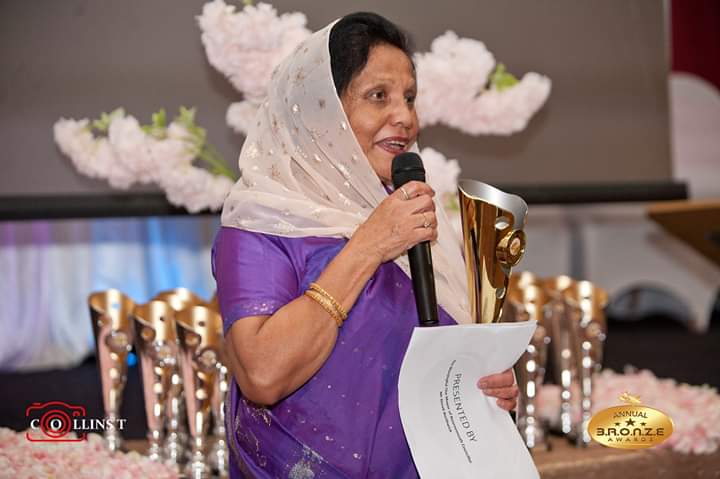Pope Francis, who died earlier in April, leaves behind a legacy shaped not only by compassion and social justice, but by his unlikely engagement with artificial intelligence. At the Vatican, he appointed Father Paolo Benanti, a Franciscan friar and bioethicist, as his personal adviser on AI ethics.
As AI now enters pulpits, sacred texts and prayer apps, faith traditions around the world are grappling with questions the late pontiff foresaw: what does belief mean when machines speak the language of God?
While AI challenges institutions across society, its integration into religious life raises particularly complex questions. Pope Francis understood this and, as Professor Sreevas Sahasranamam of the University of Glasgow points out, the Pope’s willingness to engage with AI was pragmatic.
Dr Ruth Tsuria, co-editor of Digital Religion: Understanding Religious Practice in Digital Media, says cultural anxieties about AI are nothing new. “These ideas have existed since the first computers were created,” she said. “The notion of an external, cold machine that could ‘think’ has been with us for decades.”
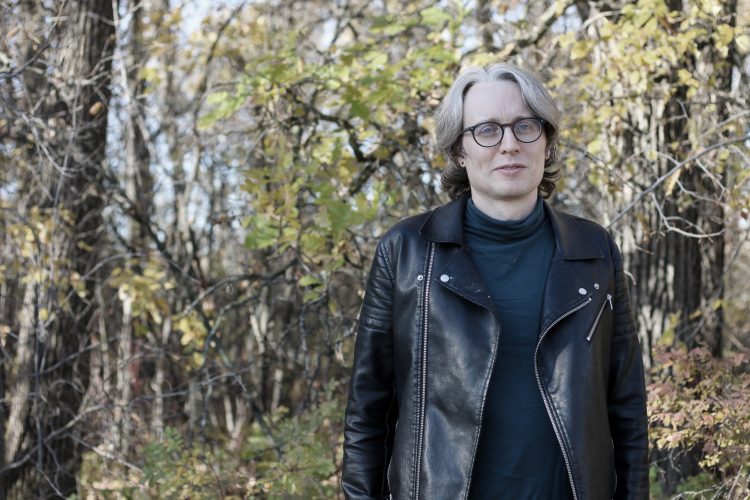
For Professor Neil McArthur of the University of Manitoba, AI carries religious-like qualities. “AI possesses what philosophers call emergent properties,” he said. “We can describe what we think it does, but in reality it does things we don’t quite understand. It seems to reason, producing results that the creators can’t control or predict.” For McArthur, that ambiguity is similar to the unknowability often associated with religious faith.
Prof McArthur has observed similar reverence in conversations with AI leaders in Silicon Valley. He saw they were experiencing feelings more akin to a religious experience. Emotions such as ‘awe’ were often mentioned, with many looking to AI as a guide.
Some are also putting AI to work in service of faith. Pastor Mike Smailes of Lansdowne Baptist Church recently returned from a missionary trip to northern India, where he witnessed AI being used to translate the Bible into previously unserved languages.
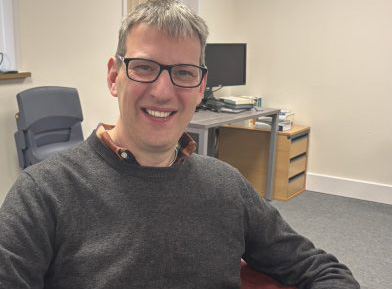
“There are around 17,000 language groups where the Bible has never been translated,” he said. “AI is now helping to make that possible—something we’ve never been able to achieve before.”
Prof Sahasranamam points to a similar innovation in the Hindu context. He spent time working with an AI start-up developing a small language model trained on the Vedas, sacred Hindu scriptures written in Sanskrit.
Prof Sahasranamam said: “It’s very similar to the ChatGPT approach. You could ask it a question on what the Vedas say. It would give you a literal translation and it would give an AI summary from the different texts and the interpretations.”
He believes such tools could help younger generations reconnect with scripture. “Initial engagement is likely to happen through these models,” he said. “And that’s positive.”
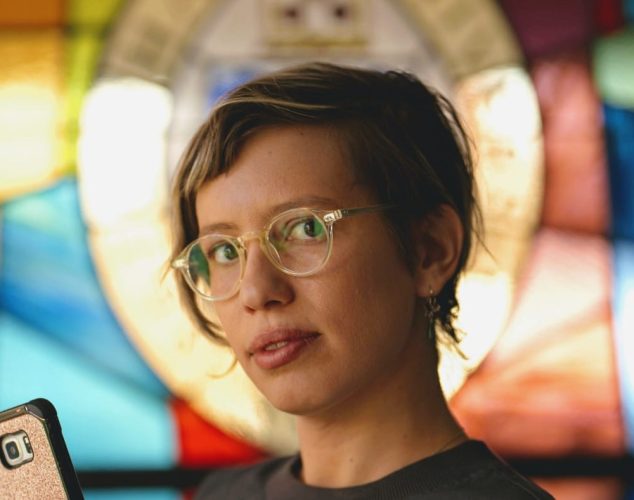
But while AI may assist with translation and interpretation, many religious leaders are drawing firm boundaries. “In most religious minds, people are unique,” said Dr Tsuria. “They’re different from other species, different from machines. Many traditions have a concept of the soul—a unique, higher version of ourselves.”
In both Judaism and Islam, Dr Tsuria found similar views. There’s openness to using AI, but also a clear message: don’t trust it as a religious source.
According to Prof McArthur, religious authority will become increasingly undermined in the AI space. You can only spend so much time with your flock, but the AI system is always there. This means that there’s a lot of opportunity for people to be manipulated.
“AI is very affirmative,” he said. “It tells you what you want to hear, or what it thinks you want to hear. If your bad ideas are being affirmed by someone you think is all wise and all powerful, it can become a big problem.”
But Prof McArthur also sees positives. “You can operate in a less hierarchical fashion,” he pointed out. “You no longer need to depend on religious leaders, who may sometimes abuse power. Vulnerable people can look to something that is more direct, less hierarchical, and less money-grabbing.”
Podcaster and author Peter Scott believes AI may soon force deeper questions about what it means to be human. He said: “As AI becomes superintelligent, there’s the uncomfortable question: how do we coexist with something that is much bigger and more powerful than ourselves?”
Religion, introspective by nature, is grappling with AI’s presence. From ChatGPT-generated sermons to mobile apps such as Text with Jesus, where texting Satan requires a paid upgrade, artificial intelligence is now embedded in spiritual life.
“In Germany last year, there was a congregation where the Sunday sermon was entirely written and delivered by AI,” said Prof Sahasranamam.
Yet for people such as Pastor Smailes, something essential remains beyond machine comprehension. “People whose lives have been turned around, people who have been brought together to love each other in community,” said Smailes. “That needs to be seen and experienced. AI will never be able to do that.”
Cover image: produced with Microsoft Co-Pilot.





